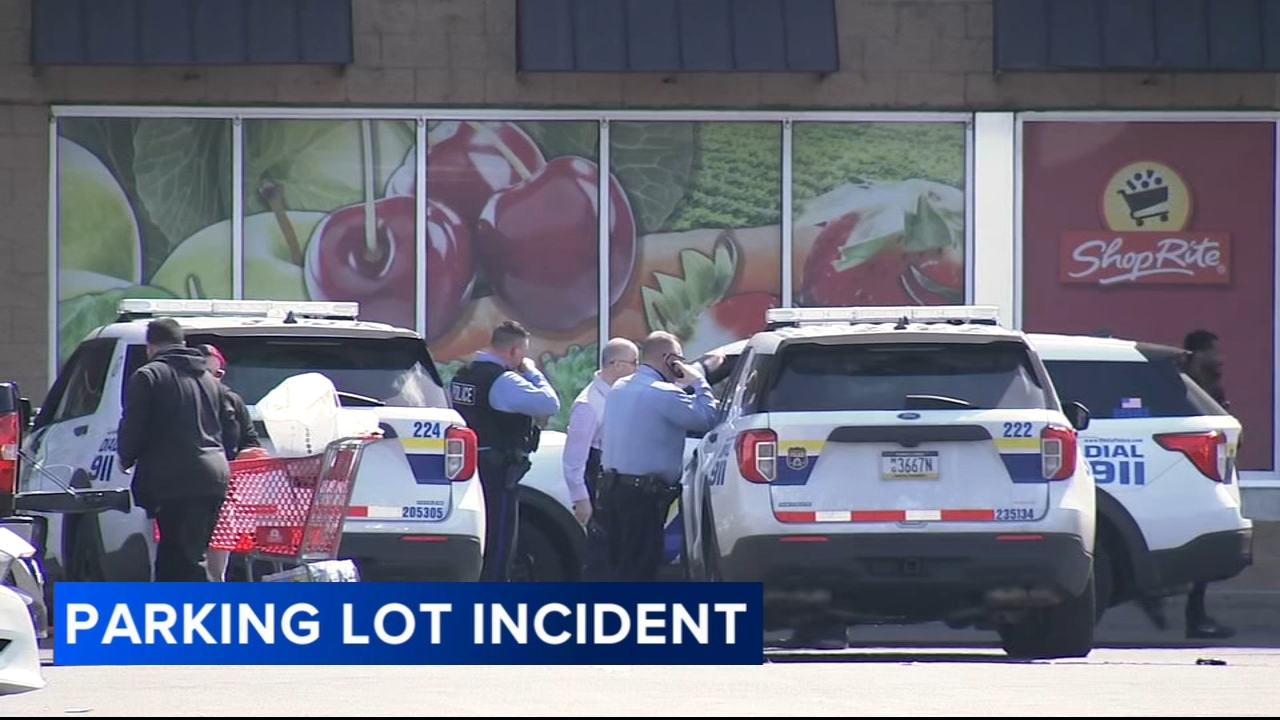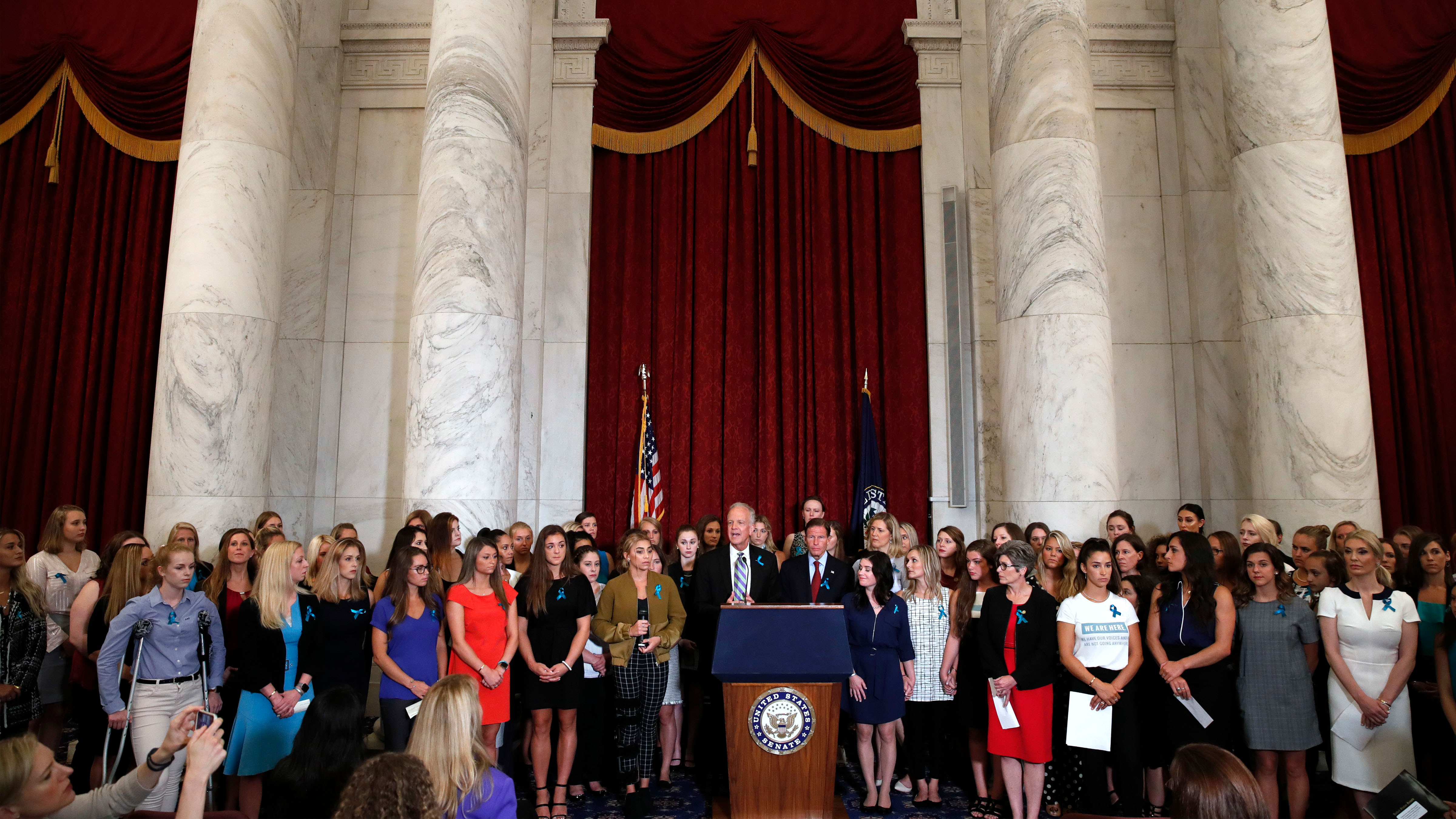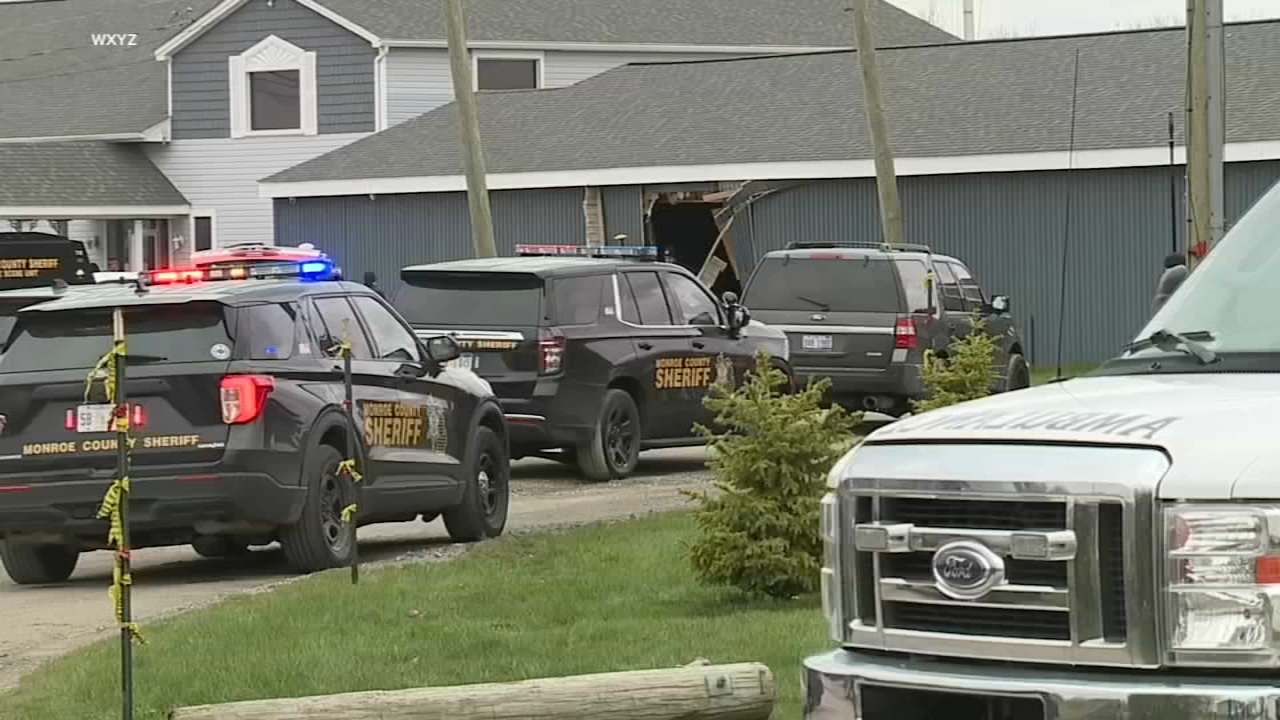Praise and worry over massive $1.9 trillion pandemic relief package
PHILADELPHIA (WPVI) -- The day Congress passed a sweeping COVID-19 relief bill with targeted help for low-income families, people at a park in Philadelphia were eager to receive the payments.
Royal Gibbons, a father of 10 in Hunting Park, lost his job as a home health aid last year. He's since begun working two jobs but said the expected stimulus payments will help him get back on stable ground.
"It's going to help me get everything in line: bills, kids," said Gibbons.
After a final vote in the House Wednesday, the Covid relief bill now heads to President Biden's desk. It will provide $1,400 stimulus checks to those who earn less than $75,000 a year and $2,800 for couples earning less than $150,000.
SEE ALSO: Third stimulus check calculator: How much could you get from $1.9 trillion COVID-19 relief package?

Dependents will also receive the stimulus payment which means a family of four could get $5,600.
On top of that, the current $2,000 child tax credit has been increased too. $3,600 per child up to age five and $3,000 per child from ages 6 to 17.
"It would be nice to have help instead of using your last to pay rent," said Kia Fowler.
In addition, the tax credit will be refundable, which means you can receive the money even if your tax bill is zero.
"Making the tax credit fully refundable is an incredibly smart and targeted way to help those who are most in need," said Kathy Fisher of the Greater Philadelphia Coalition Against Hunger.
Fisher says if this one-year tax credit is made permanent, it could lift millions of children out of poverty.
SEE ALSO: Stimulus update: House passes $1.9T COVID relief package, sending it to President Biden's desk
"If we have to spend less on special education, less on certain health care problems, less on things we know childhood poverty makes worse, then it's a smart investment," said Fisher.
But borrowing so much money could cause long-term economic problems, according to David Fiorenza, associate professor of economics at Villanova University.
Fiorenza worries the $1.9 trillion plan will lead to inflation and massive debt.
"We need to get the economy back on track, but we need to be careful printing too much money because it's going to be our children and grandchildren who are going to see higher taxes," Fiorenza said.
It's unclear when the stimulus checks will be sent since the IRS is currently in the midst of tax season.
The child tax credit refunds could begin arriving in July.
WATCH: White House Press Secretary Jen Psaki breaks down COVID-19 stimulus plan





